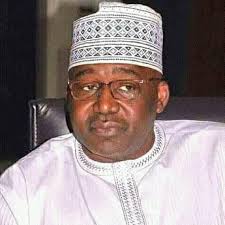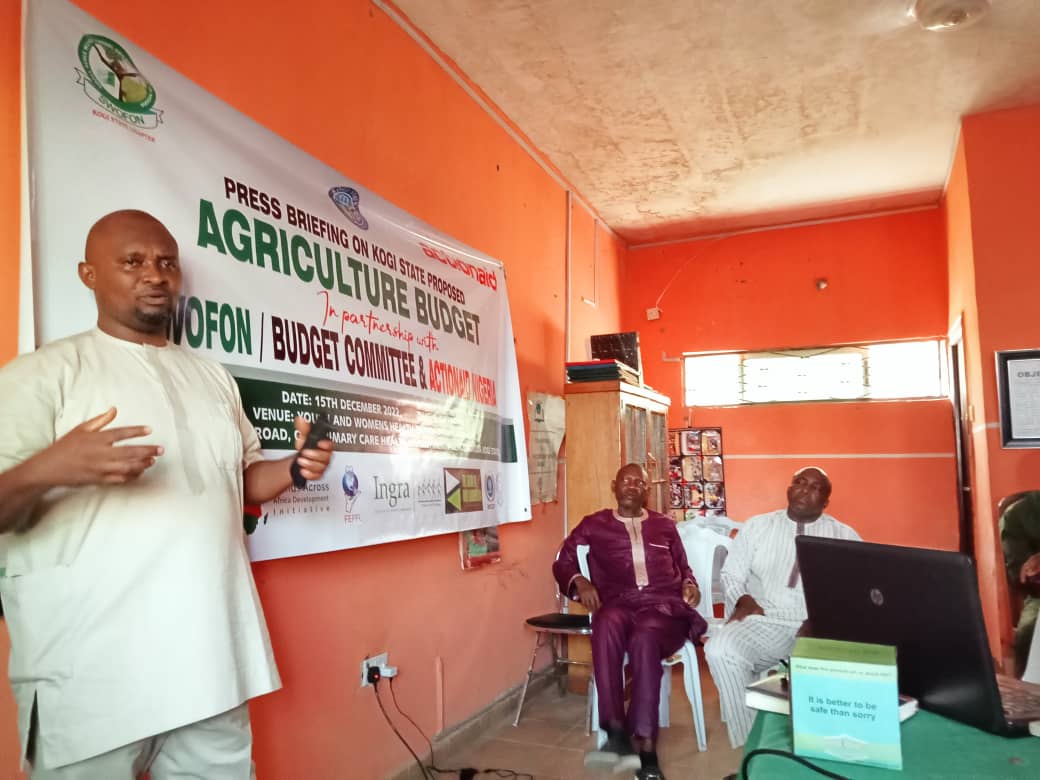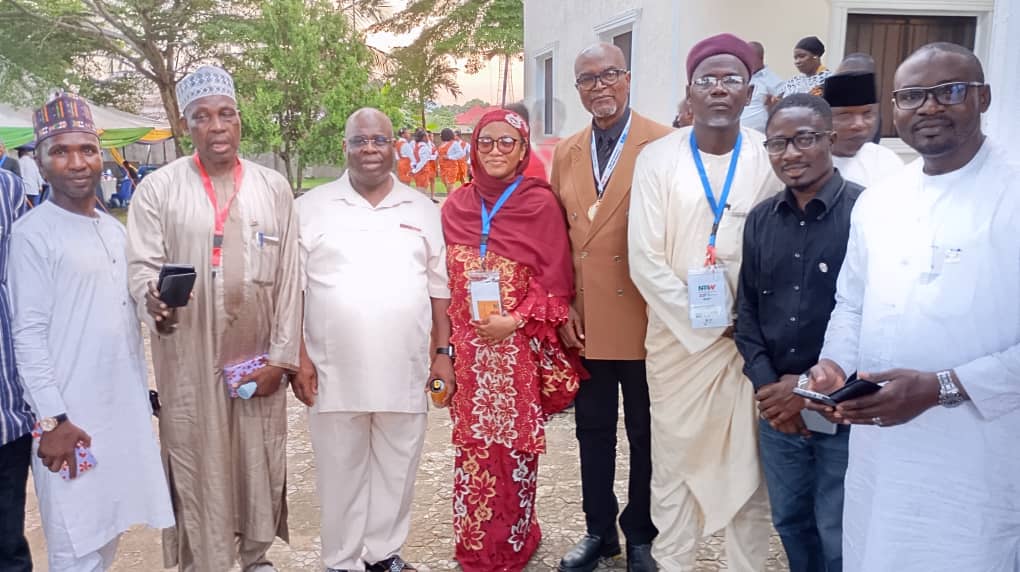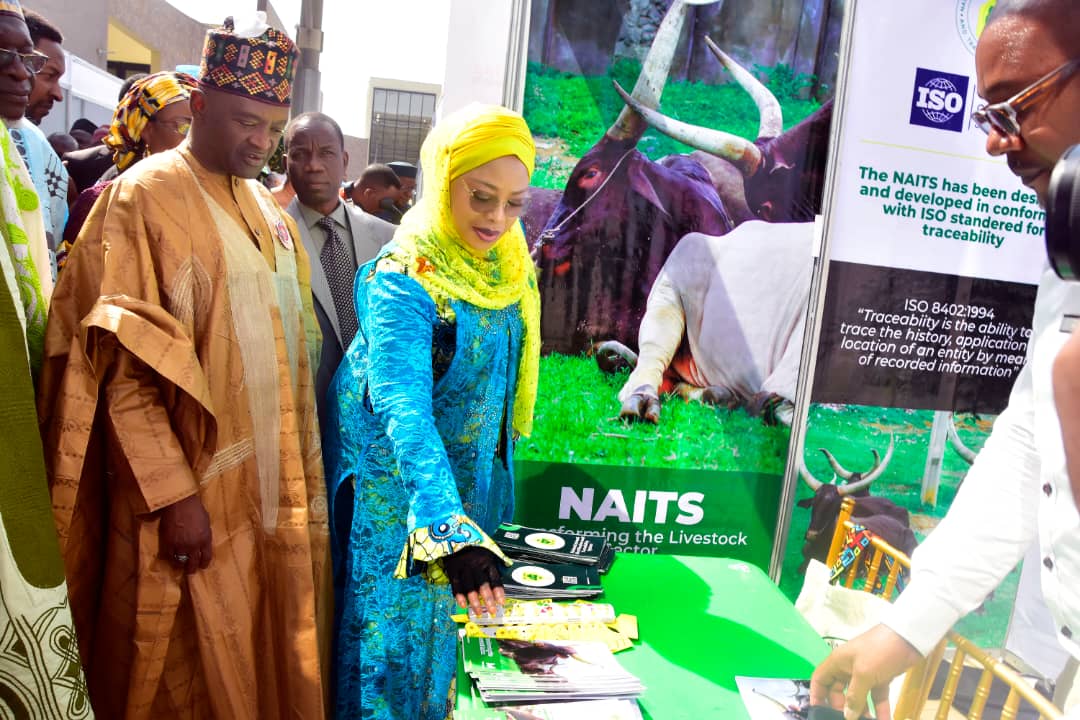***Makes case for Kashifu Inuwa to be considered for ministerial appointment
The national president, Youth and Civil Society Coalition for Development (YCSCD)
comrade Aminu Aminu has commended the Nigerian Vice President Kashim Shetima for appointing Senator Ibrahim Hassan Hadejia as the Chief of Staff to the Vice President.
Comrade Aminu Aminu who described the appointment as apt noted that given the integrity, expertise, patriotism and incorruptible nature of Senator Ibrahim Hassan Hadejia, his appointment as the chief of staff to the Vice President is putting a round peg in a round hole.

This appointment is in line with the public expectations of the present government of appointing only those who are sincere, patriotic, detribalized, knowledgeable, trustworthy, courageous and determined for the development of this country.
“We at the Youth and Civil Society Coalition for Development (YCSCD)” thank the Vice President, His Excellency Kashim Shetima for the right choice he made in who takes charge of his staff at the VP’s office.
The National President also congratulated the appointee and wished him God’s guidance as he undertakes the daunting task in the office of the chief of Staff to the Vice President.
Comrade Aminu assured the appointee of the support of the Nigerian youth particularly those in Jigawa State, praying for God’s protection, guidance, and favour for the VP’s chief of Staff.
Comrade Aminu further suggested that the current Director General National Information Technology Development Agency (NITDA) Kashifu Inuwa Abdullahi is another desirable breed that suits ministerial appointment from Jigawa State.
Malam Kashifu Inuwa, Comrade Aminu said is one of the few Nigerian technocrats who believed in the country and can put their lives on the line for the country. The likes of Malam Kashifu, Comrade Aminu Aminu noted should rally around President Bola Ahmed Tinubu and support him in the task of navigating Nigeria to the promised land.
He said Nigerians have put their trust in President Asiwaju Bola Ahmed Tinubu as such the President will do everything possible to ensure that the right people are allowed to assist him deliver on the mandate given to him by Nigerians.
Back home in Jigawa, the National President noted that the New Governor would like to see that only credible people are allowed to represent the State at the federal level so they can complement the Governor’s effort in transforming the state for the better.
Comrade Aminu on behalf of the pan-Nigerian youth Congratulated the new federal government appointees in the persons of Jorge Akume, the New Secretary to the government of the Federation, the chief of staff to the President Femi Gbajabiamila, and that to the Vice President Ibrahim Hassan Hadejia on their well-deserved appointments.
Comrade Aminu indicated that the YCSCD is committed to praying for the present administration to be able to put the necessary mechanism in place for effective governance in Nigeria.




